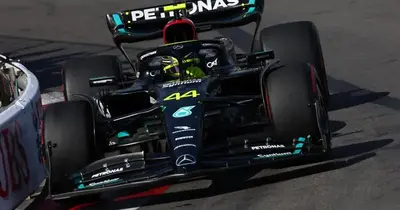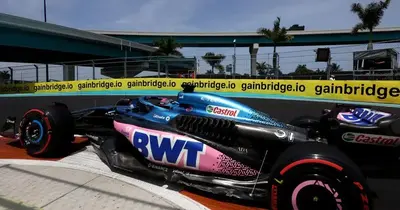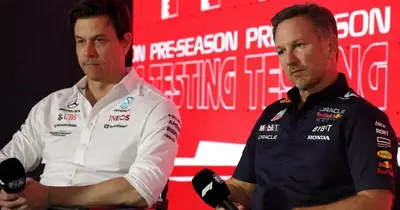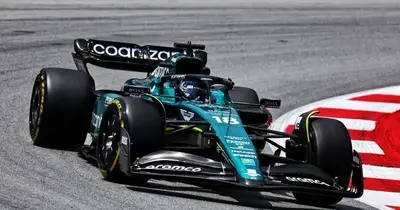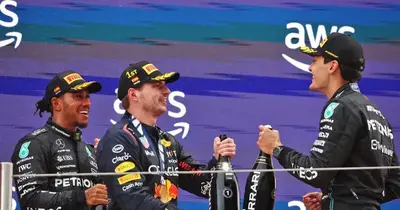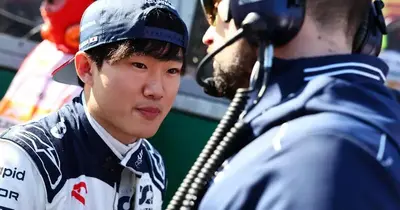F1 News
How Mercedes benefitted from their 'table of doom'
Mercedes have explained how their "table of doom" helped them to be more prepared for a tough weekend at the Abu Dhabi Grand Prix.
The Silver Arrows looked to have experienced an upturn in form in Mexico and Brazil, with the team scoring their debut win of the season in Sao Paolo via a 1-2 result for George Russell and Lewis Hamilton.
However, the Abu Dhabi event proved to be a more challenging affair for the squad, which ended with Hamilton recording their first mechanical failure of the campaign while Russell came home in P5.
This is something that the team were prepared for, though, thanks to an internal tool that they had developed prior to the final races of the year.
Mercedes' 'table of doom' forecast difficult Abu Dhabi
James Vowles, Motorsport Strategy Director at Mercedes, explained the so-called "table of doom" in an Abu Dhabi debrief video.
"I think you've probably heard Toto [Wolff] refer to the 'table of doom'," Vowles said.
"This is something that we have constructed internally that allows us to somewhat predict where our car will be relative to certainly the fastest cars track on track, and it worked fairly well.
"It's something that actually had fairly good correlation across the season and it did say that in, for example, Mexico and Brazil, we would be significantly more competitive than we were going to be in Abu Dhabi.
"It's a function of the properties that make our car both strong and weak, and that transpired to be true.
"As perhaps negative as that comes across, that's a very good thing, because it means that the properties of our car that we understand, we actually have a good grasp on them, sufficiently so that they actually look to be real in real life and then the reasons behind it look to be correlated."
Viewed by others:


Why did Mercedes struggle in Abu Dhabi?
In terms of why the team's performance varied so greatly from Brazil to Abu Dhabi, Vowles believes that there were various factors involved, including Ferrari's struggles prior to Abu Dhabi.
"Part of it is that I think Ferrari moved backwards across Mexico and Brazil," he continued.
"[It's] hard to explain why, but they definitely weren't as comPetitive there as they were towards the end of the season in Abu Dhabi.
"They were a fierce rival in Abu Dhabi, very, very quick in a straight line and competitive overall with good tyre degradation."
Vowles feels that track characteristics also played a part.
"That doesn't obviously explain Red Bull and why we moved back to them, but I think that is explained in the properties of where our car is weak and where it is strong," he added.
"Brazil had a lot of cornering sequences, types of corners, speeds of corner that really suit the characteristics of our car, which unfortunately we didn't have in Abu Dhabi.
"The final one is Abu Dhabi is very, very cool conditions once we were really racing at night, and we saw a few properties on the tyre, a little bit of graining appearing on the front axle and on the rear axle, and that for sure hurt us in the race."
-
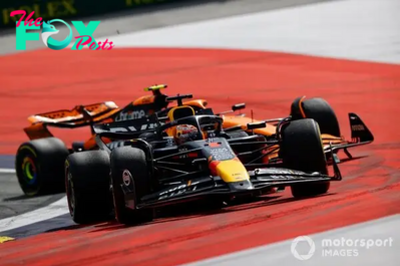
 F1 News4m ago
F1 News4m agoVerstappen just proved again he hasn’t changed, or matured, since F1 2021
-
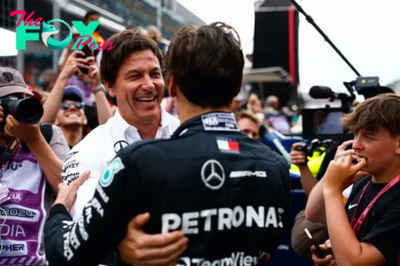
 F1 News4m ago
F1 News4m agoWolff says Austrian GP radio message to Russell the "dumbest" thing he has done in F1
-
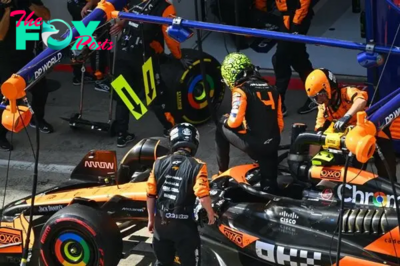
 F1 News4m ago
F1 News4m agoNorris: Will "lose respect" for Verstappen if he ducks blame for Austria F1 clash
-
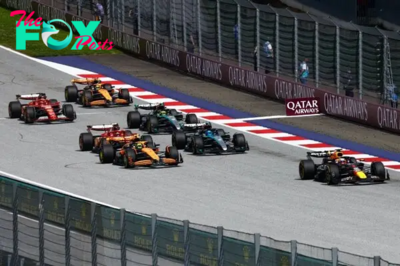
 F1 News4m ago
F1 News4m ago2024 F1 Austrian GP results: Russell wins as Verstappen, Norris clash
-
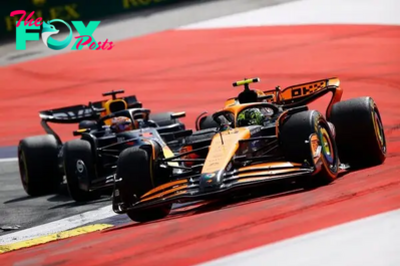
 F1 News4m ago
F1 News4m agoRed Bull regrets not warning Verstappen about Norris investigation in Austrian GP
-
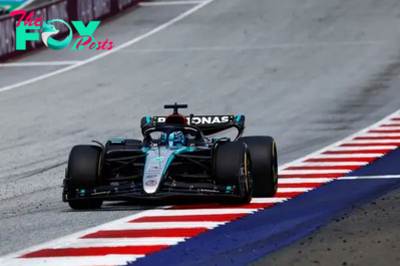
 F1 News4m ago
F1 News4m agoRussell "almost crashed" with Wolff's F1 Austrian GP radio call to arms
-
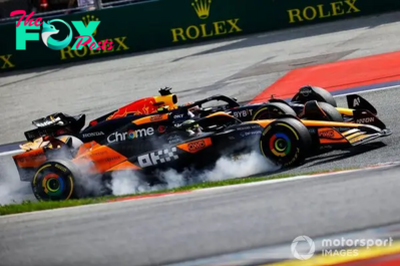
 F1 News4m ago
F1 News4m agoStella: Verstappen/Norris Austrian GP clash caused by unpunished 2021 F1 moves
-
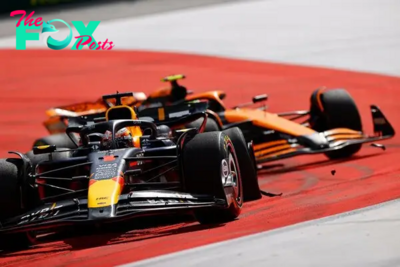
 F1 News4m ago
F1 News4m agoVerstappen denies aggression, moving under braking in Norris Austria crash
